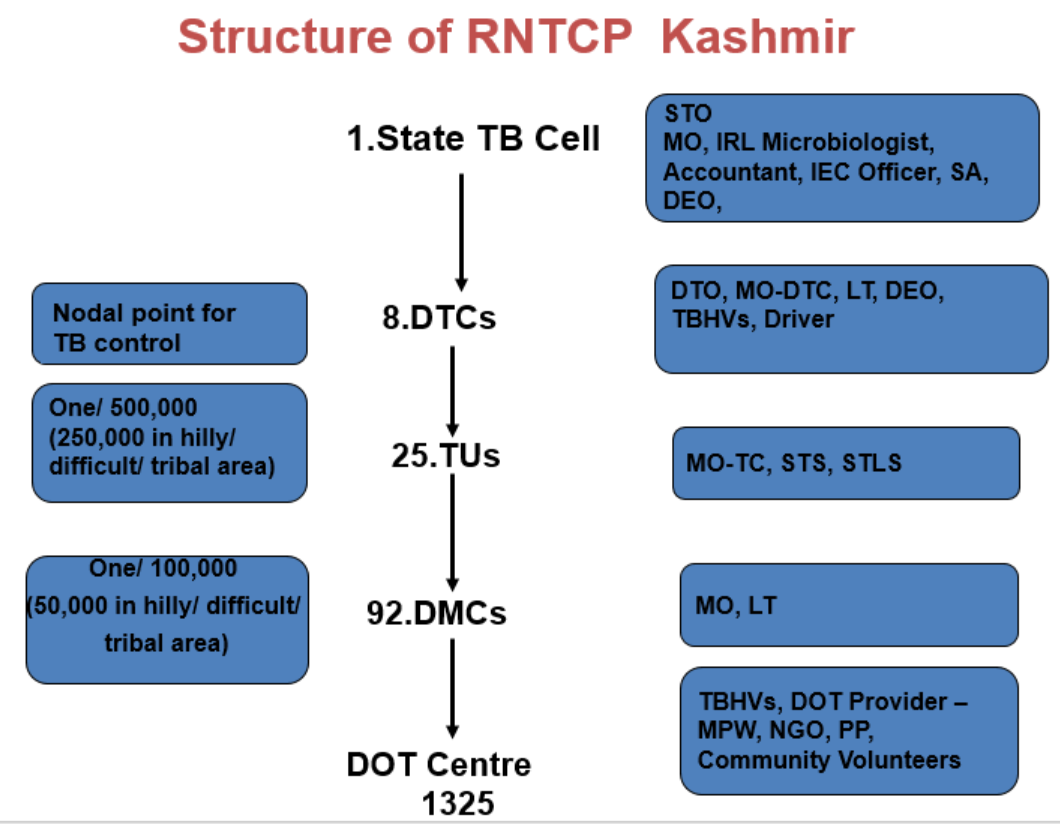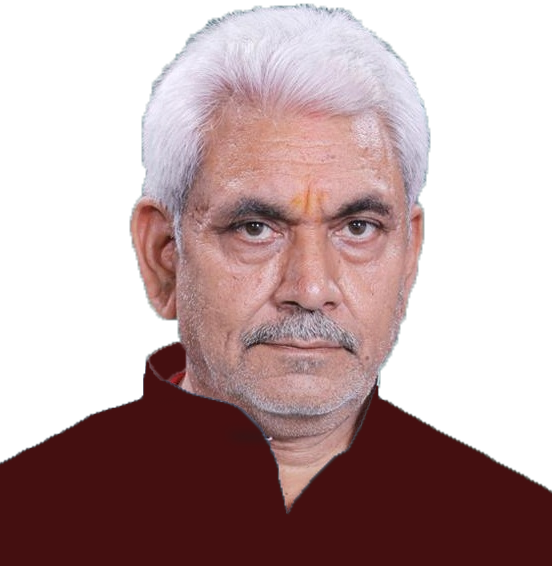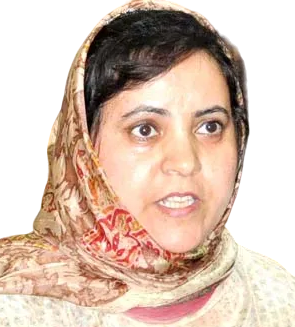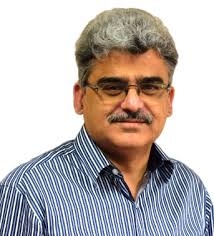- TB is an infectious disease predominantly caused by Mycobacterium TB. This is one of the oldest known communicable disease.
- To control this disease a National Programme namely “National Tuberculosis Control programme (NTCP)” was launched in 1962. Despite NTCP being in existence since 1962 appreciable change in the epidemiological situation of TB in the Country has not been observed.
- TB was declared as a Global emergency in 1993 by WHO.
- In 1993 “Revised National TB Control Programme (RNTCP)” was launched as a Pilot Project in five States adopting Directly Observed Treatment Short course Strategy (DOTS) which was further extended in a phased manner in the whole country.
- DOTS is a systematic strategy to control TB disease which has following five components:
I)Political & Administrative commitment.
II)Good Quality diagnosis, primarily by Sputum Smear Microscopy.
III)Un- interrupted supply of quality drugs.
IV)Directly Observed Treatment.
V)Systematic Monitoring & Accountability.
- In Kashmir RNTCP was started from August-2004 and by 2005 all the districts were covered under the programme.
- PMDT (MDR Services) were started 2007 in India while in Kashmir it started in 2012.
- Active TB is the commonest opportunistic infection among HIV infected individuals & is the leading cause of death in PLWHA (People living with HIV Aids). TB-HIV Collaborative Activities are being implemented in collaboration with (National AIDS Control Programme) to provide TB treatment and care and support for TBHIV patients. The basic purpose of HIV TB Coordination is to ensure optimal synergy between the two programmes for prevention & control of both diseases.
- The implementation guidelines were revised in 2016 as Technical & Operational Guidelines RNTCP 2016. Recording and reporting formats have been revised. All TB cases have to be notified both in public and private sector by virtue of Government of India Order issued in May 2012. For this a case based, web based TB notification system (NIKSHAY) is in place in RNTCP.
- RNTCP is now introducing Daily Treatment Regimen replacing old intermittent DOTS regimen where in the Anti-TB drugs shall be given on daily basis to TB patients.
RNTCP provides free HIV testing to all TB patients.
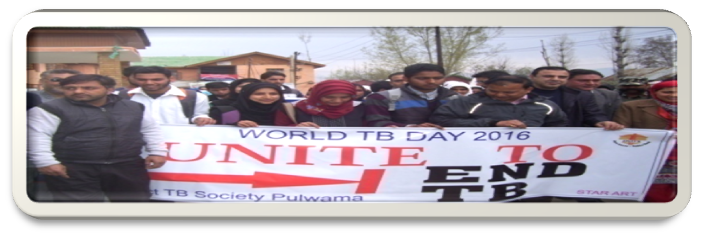
Supervision and Monitoring at various levels
State TB Cell:
It supervises monitors and analyses the Programme at Division level.
State TB Demonstration cum Training Centre:
It is specialized unit under State TB Cell as per RNTCP for performing the following activities:
- Supervision.
- Trainings.
- Monitoring & Evaluation.
- Quality Assurance of Sputum Microscopy
- On-Site Evaluation.
- Panel Testing
- Diagnosis of Drug Resistant (TB).
At District Level the Programme is supervised by concerned District TB Officer.
At TU Level the Programme is being Supervised and Monitored by Medical Officer TB Centre (MOTC) of concerned TU, who is assisted by Sr. Treatment Supervisor (STS) & Sr. TB Laboratory Supervisor (STLS).
91 DMC s are established in Kashmir Province which are being provided Binocular Microscopes and other logistics (chemicals) etc. At TU Level LED Microscopes have been supplied by CTD.
Sputum Microscopy facilities are available in all the DMCs.
For the purpose of RNTCP, a PHI is a Health facility which is manned by a Medical Officer. At this level there are dispensaries, PHC’s CHC’s Referred Hospitals, major hospitals, specialty clinics or hospitals (including other Health facilities), TB Hospitals and Medical colleges within the respective district.
All the three Medical Colleges have been involved in the Programme and for better results; State Task Force and core committees for all Medical Colleges have been constituted who coordinate with the District Tuberculosis Officer in running the Programme in Medical Colleges
Supervision and Monitoring at various levels
- MDR TB Diagnostic facilities are being expanded.
- 5 CBNAAT Machines have been installed and are
functioning at:
- District Anantnag
- District Leh.
- District Budgam.
- District Baramulla.
- District Kupwara.
Structure Of RNTCP Divisional Level
